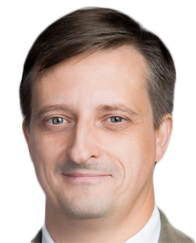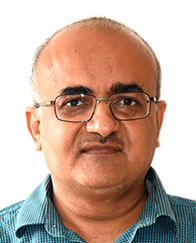There is a growing pressure for adopting sustainable and green engineering practices. Material scientists are developing high strength to weight ratio materials for reducing the consumption of the raw material as well as energy. Automobile and aircraft sectors are giving extra emphasis to weight reduction as it directly impacts fuel saving and reduction in global warming. Among various classes of lightweight materials, aluminum alloys are very attractive. Newer and newer alloys are being developed to retain high strength of materials at elevated temperatures. For example, Al-Si-Cu-Mg alloy is used for manufacturing the cylinder blocks of light vehicles due to its reasonably high temperature strength. Small addition of manganese further improves this alloy. However, apart from the material, the manufacturing process has the major influence in developing a product with desired quality. Forging has been used traditionally for developing the products that are subjected to severe fluctuating loads such as connecting rod of an internal combustion engine. Focus of today is to produce the products by forging that is very precise and requires minimal further machining or no machining at all. Such type of forging process is called near-net shape forging, precision forging or flash-less forging.
Near-net shape forging leads to saving in material, processing cost and finishing cost. The elimination of flash also helps to increase the strength of the product as defects cropping up due to trimming of the flash are eliminated. Depending on the temperature employed, near-net shape forging can be classified as hot, cold and warm. Among them cold forging is preferred to other types; however very recently this trend started changing. Very precise forgings are being obtained by hot forging. In fact, precision warm forging, which is performed above room temperature but below the recrystallization temperature, offers better utilization of raw material, improved surface finish and dimensional accuracy compared to hot forging and reduced forming loads compared to cold forging. Nevertheless, temperature plays a critical role in the process. It should not vary significantly during the process. Thus, comes the importance of isothermal near-net shape forging. Depending on the product, a uniform temperature or uniform temperature gradient in the workpiece may be needed. Even in the cold forging process, the rise in temperature may be significant (often more than 100°C) and proper control of the temperature may be necessary.
This course will focus on the near-net shape forging of aluminum alloys. It will cover the process as well as tool design. Apart from experimental aspects, the course will emphasize modelling and optimization that will help in producing defect free products with minimal consumption of resources. Ultimately, it will contribute to the goal of Make in India.

